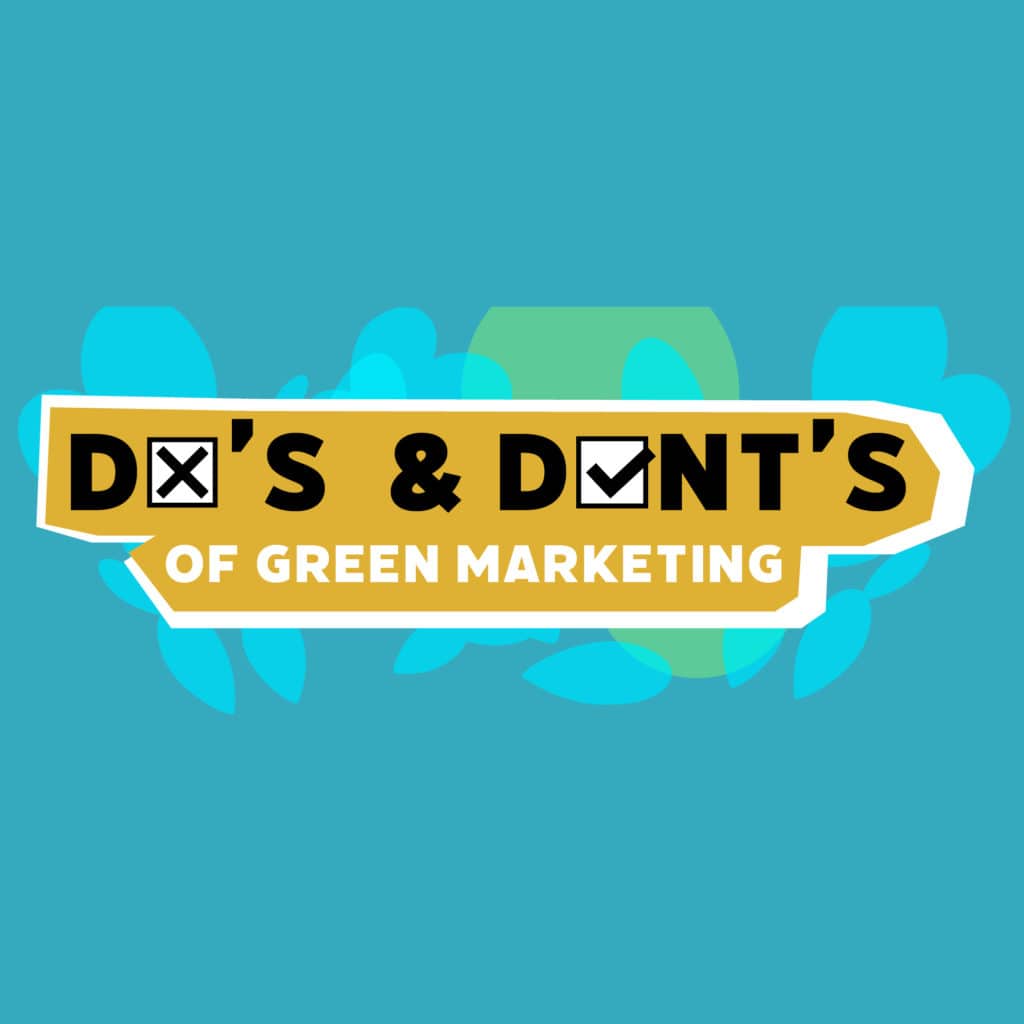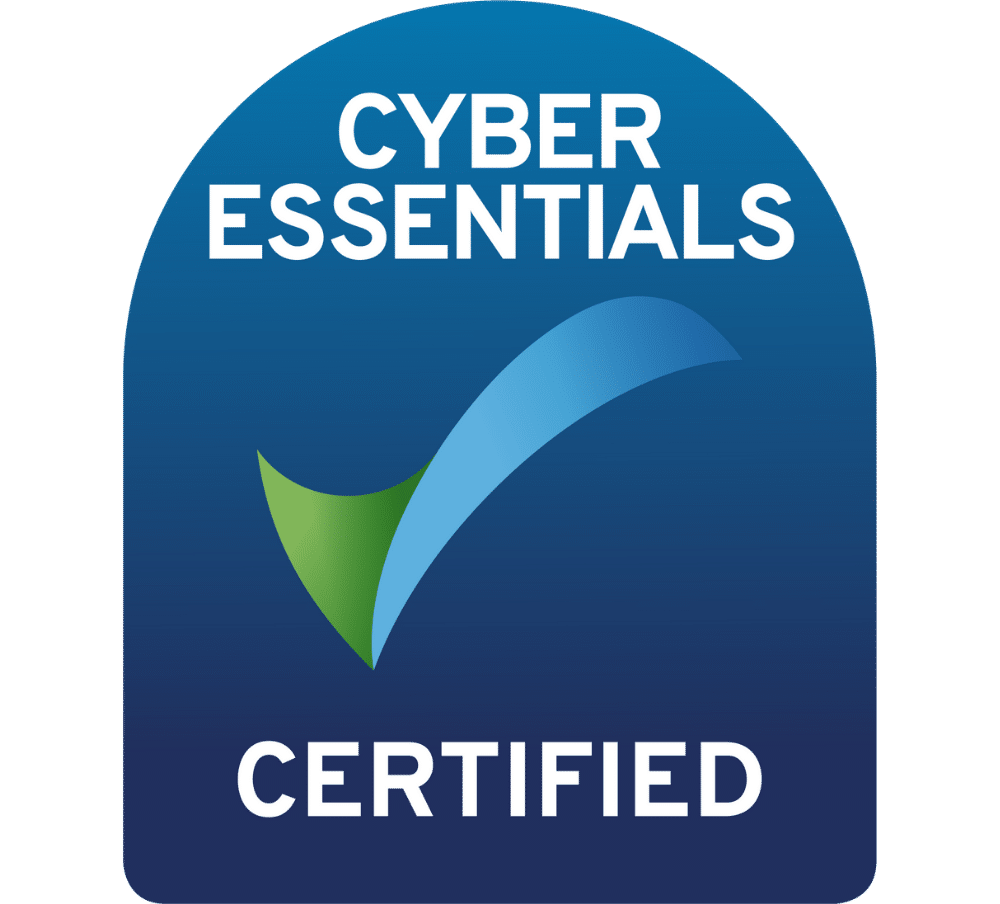Green marketing (also known as sustainable/ environmental marketing) is defined as a range of activities designed to generate and facilitate any exchanges intended to satisfy human needs or wants, with minimal detrimental impact on the natural environment.
As societal interests in the environment are increasing, it is so much more relevant for businesses to consider their green practice and how this can be marketed at an advantage to increase consumer attention and awareness.
There are a variety of green marketing strategies that businesses can employ to enhance their environmental claims, however this should only be done if the claims are true, or else there is a fine line between honest marketing and greenwashing which can be detrimental to your business (read our other blog post to understand the impacts of greenwashing).
So you are a business that is wanting to become more environmentally conscious and are actively trying to promote these changes for both the benefit of consumers and to protect the environment.
Here is what you should and what you shouldn’t do to support your practices.
Do’s
- Be Honest! Consumers want to know the nitty gritty, they want to understand the real ins and outs of how a business operates when trying to become more environmentally conscious. From where the products are sourced, manufactured to how they are positively impacting the environment.
- Provide regular updates on the impact and changes that are happening in the business from supply chains to packaging and direct distribution. Consumers want to know that they are doing the right thing by supporting and purchasing from an environmentally conscious brand.
- Understand the consumer, it is important to know what your consumers want from the business from a green perspective. Like normal operations for businesses, understanding the audience and consumer is the key to succeeding so providing the consumer with all the information they need is key.
- Educate your audience and consumers, integrating all of the above leads to the importance of communicating with your consumers and ensuring you can teach them ways to positively impact the environment, from small changes in their everyday lives to communicating how this could change perception if everyone were to get involved.
- Showcase green marketing throughout all of your operations, from direct communication sources such as social media and email marketing to packaging and website content. By blending your environmental goals into regular points of contact for the consumer you will be continually influencing them on becoming more aware of your green claims.
Don’ts
- DO NOT GREENWASH, this is one of the major impacts of green marketing gone wrong and there is a fine line when this can occur. Greenwashing refers to the act of misleading consumers about the businesses environmental practices and claims. This can ruin a brand’s reputation but is also completely unethical. The Competition and Markets Authority (2021) authorised a review of websites, with 40% announced to be misleading consumers with false green claims as Andrea Coscelli from the CMA stated ‘People should be able to easily choose between those companies who are doing the right thing for the environment and those who are not’. But this is extremely difficult for consumers to do.
- DO NOT use language that is misleading, if you are not entirely ‘green’ and ‘sustainable’ then do not make claims that state you are, instead suggested terms are aiming towards and the goal.
- DO NOT try to rush into marketing your company as green! This isn’t something that can happen immediately, it takes planning and is a step by step process. So to avoid greenwashing, gradually implement these techniques and evaluate what your consumers want to hear.







